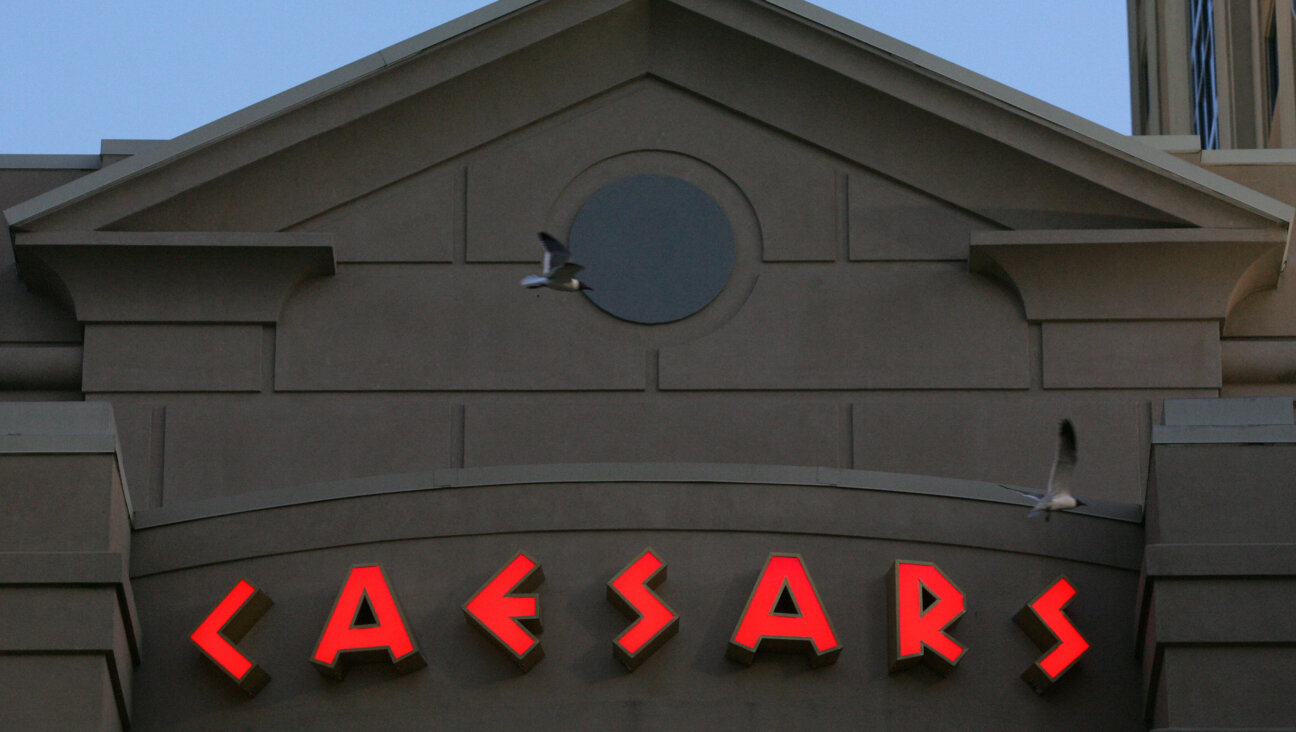Gay Alumni of Brooklyn Yeshiva Fight for Right To Bring Partners to Reunion
Alumni of a prominent Modern Orthodox yeshiva in Brooklyn were prohibited from bringing same-sex partners to a class reunion last month, causing an uproar among some former students.
The high-school division of Yeshivah of Flatbush, one of the most prestigious Modern Orthodox schools in New York City, held a reunion in late December for members of the class of 1997. While most alumni were invited to bring guests, a few were explicitly forbidden to do so. According to sources, graduates thought by yeshiva personnel to have same-sex significant others were sent an e-mail that barred them from bringing their partners.
“As previously stated to you, we welcome your attendance and look forward to your participation,” read the letter, which appeared on the blog JVoices. “However, your partner cannot attend.”
Angered by what they see as a discriminatory and hypocritical stance on the part of the yeshiva, some alumni have taken the issue to the Internet, where they have circulated a petition and created a Facebook group calling for “Open Flatbush Reunions” at which “everyone… [is] entitled to bring a guest.”
They have also called for an end to what they say is censorship on the part of the administration, which, they claim, selectively edited alumni biographies compiled at the reunion to weed out information they found undesirable.
The petition has received around 80 signatures, including one from Eric Kandel, a Nobel laureate in medicine who graduated from the school in 1944. As of press time, the Facebook group had 260 members.
“I think it is an affront to decency,” Kandel told the Forward, referring to his alma mater’s ban on same-sex partners at reunions. “Jews of all people — we’re supposed to be so tolerant! Judaism is a living tradition. We now realize that homosexuality is not bad behavior. It’s a style of life that is probably in large part biologically determined.”
The issue is not a new one for the venerable school, whose alumni roster includes Jewish scholar and author Joseph Telushkin, radio host Dennis Prager, fashion designer Isaac Mizrahi, the late playwright Wendy Wasserstein and Leon Wieseltier, literary editor of The New Republic. Two years ago, Alan Stadtmauer, a beloved rabbi, teacher and onetime principal of the school, shocked students and colleagues by coming out as gay. Concomitantly, he resigned from the school and said that he no longer regarded himself as an Orthodox Jew. Stadtmauer has signed the petition against the yeshiva’s reunion policy.
More broadly, the reunion controversy echoes a more recent frisson in the world of Modern Orthodoxy, in which Noah Feldman, a Harvard Law School professor, suggested in a 2007 New York Times Magazine article that he and his wife, who is not Jewish, had been excised from a class reunion photograph by administrators at the Maimonides School, his Modern Orthodox alma mater in Brookline, Mass. The school later claimed that it had not intentionally omitted anyone from the photograph.
When asked about the reunion letter, Yeshivah of Flatbush administrators issued a statement to the Forward.
“There are standards of Halacha that guide the Orthodox community,” Dennis Eisenberg, the school’s executive vice president, said in the prepared statement. “All of our graduates are welcome to attend our reunion but only those involved in recognized halachic relationships may register as a couple.”
Erez Lieberman, a Yeshivah of Flatbush alumnus who is leading the protest against the school’s actions, questioned the accuracy of that statement.
“I do not know of incidents in which students who were intermarried or engaged in other extra-halachic relationships have been profiled in this way,” Lieberman said. He added that opposite-sex romantic partners who are not married — girlfriends, boyfriends and, by some standards, fiances — are not participating in approved relationships, either, and that many alumni have brought girlfriends and boyfriends to reunions. Fiances are encouraged to attend as part of the school’s existing policy.
But Lieberman also emphasized that he did not want the controversy to turn into a dispute over Jewish law.
“Let’s move away from the vocabulary of Halacha in defining acceptable ‘reunion guests,’” he said. “There’s nothing in [traditional Jewish texts] about reunions. We’re not talking about something with stronger halachic connotations, like a wedding.”
















